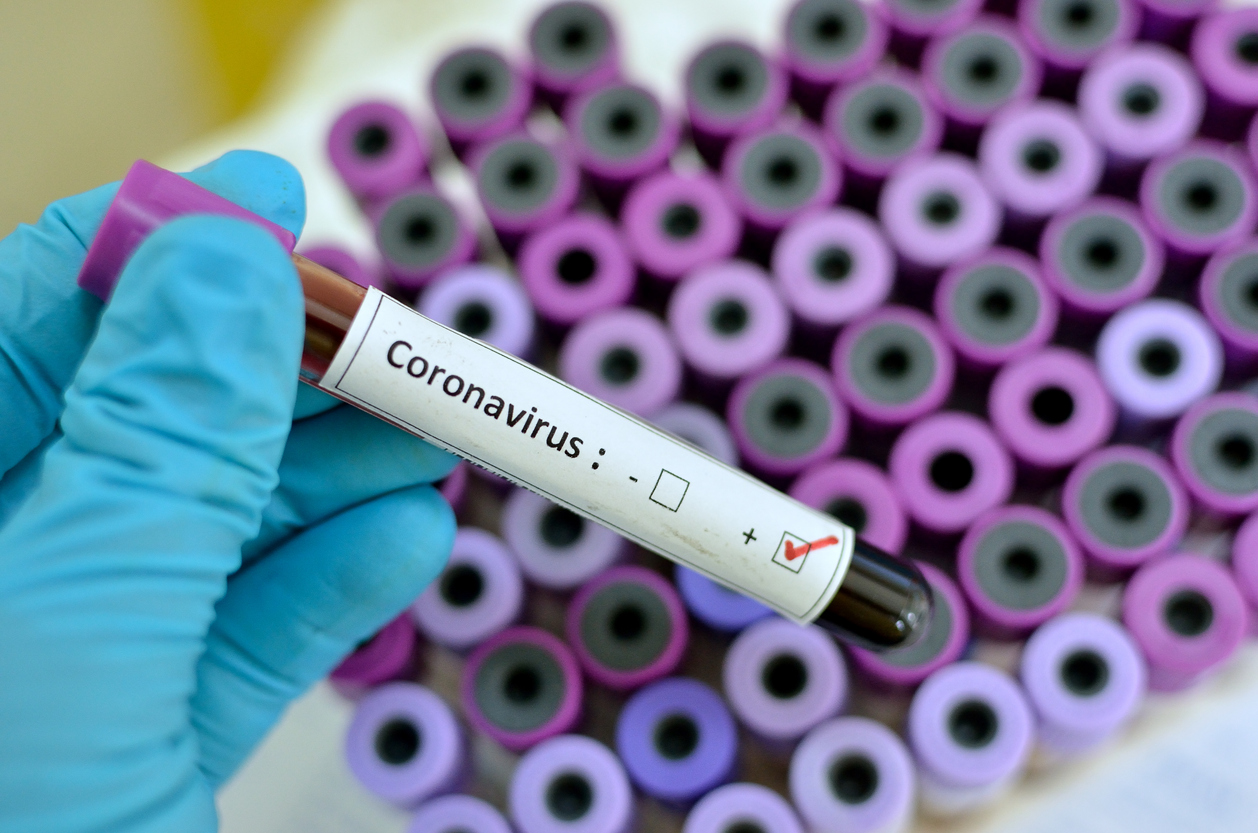Equal coronavirus vaccine access a “real issue”

Though several pharma companies are rushing to produce a vaccine for the coronavirus causing the COVID-19 pandemic, aided by expedited regulatory processes, questions still remain over how countries will ensure widespread access to the inoculation.
As part of the virtual eyeforpharma Barcelona conference, professor of infectious disease epidemiology at London School of Hygiene and Tropical Medicine (
“It must be made available to populations in need – perhaps to frontline health workers first, and then to the elderly and others, and it will be a real issue to make sure that there is equity,” he said, speaking to Reuter’s editor-at-large Axel Threlfall.
“Many countries have laws in place that say vaccines can’t be sold internationally until they satisfy domestic markets. Some of those can be bypassed by having a small portion in reserve, but there are still many issues like these that have to be resolved before a vaccine is equitably accessible everywhere.”
Fortunately, he noted that organisations such as the World Health Organization and the Coalition for Epidemic Preparedness Innovations (CEPI) are working on coronavirus vaccines accessibility
“The CEPI has been heavily funded by the United Kingdom, the Bill and Melinda Gates Foundation, the Norwegian government, and by the Wellcome Trust – it’s providing millions of dollars to small biotechs and companies that have an interest in developing a vaccine. So the public sector is really taking the risk from the private sector, and letting the private sector move ahead its research and development.
“Hopefully we won't run into the problems we've run into with other vaccines not being available to all countries when they need to be.”
He said there will likely be an emergency licence provided to these vaccines, which permits them to be used after they've been shown to be safe and effective in humans, and “looking more at what happens after vaccination than what happens during vaccination”.
“There are also vaccine manufacturers who have agreed to work together to try to share their data and arrive at a vaccine more rapidly. Certainly there will be attempts to cut corners by some groups, but I think in general our regulatory agencies are robust enough to make sure that what vaccines are developed are safe and effective.”
Heymann said he was seeing great amounts of partnership at all levels of the industry.
“We began to see that in the SARS outbreak when people were freely sharing information, and we're seeing that again now. For example, major medical journals are doing rapid peer reviewed scientific articles and putting them on the web in front of their paywalls. That's unheard of. That way academics can get their credit for having published and the public health community can also understand what's going on and get rapid answers to the questions that remain.”











